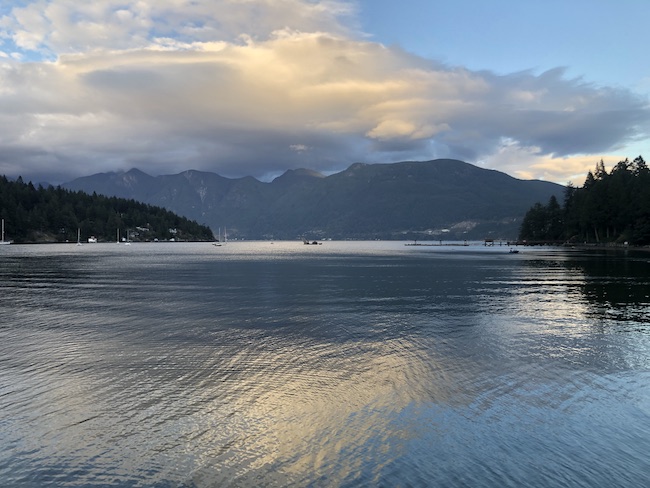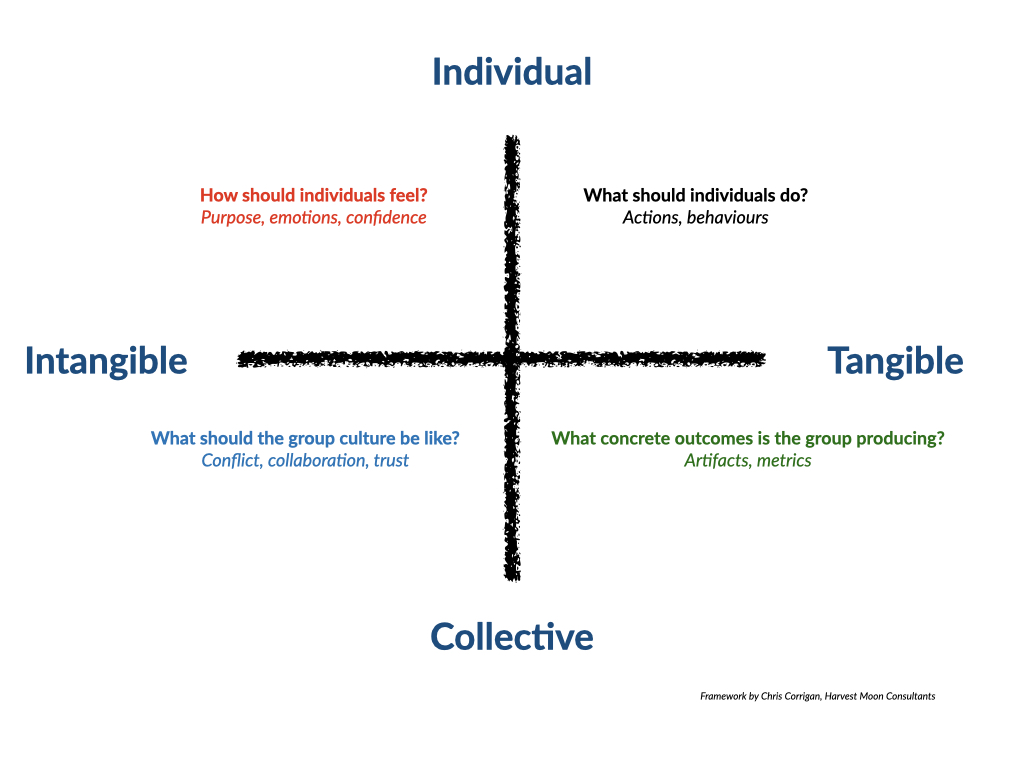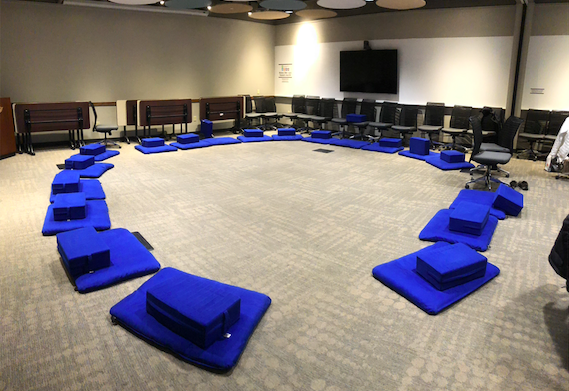
Xwexwesélken is the Squamish name for the mountain goat, a creature that lives on the high rocky cliffs of the coast mountains, picking its way across perilous and sheer vertical surfaces in search of food and protection. Mountain goat wool is a prized material in Squamish culture, used to weave blankets with immense spiritual and social significance. In the last session of the Mi Tel’nexw leadership course, Chepxímiya Siyám (Chief Janice George) used the mountain goat as her metaphor for teaching about Squamish ways of doing. As a master weaver who has brought the weaving practice back to life in …

James Gleick, the author of the classic book “Chaos: Making a New Science” has written a terrific review of Jill Lepore’s new book “If Then: How the Simulmatics Corporation Invented the Future.”The book covers the origin of data science as applied to democracy, and comes as conversations about social media, algorithms, and electoral manipulation are in full swing due to the US election and the release of The Social Dilemma. Gleick’s review is worth a read. He covers some basic complexity theory when working with data. He provides a good history of the discovery of how the principles of “work …

I adore Alicia Juarerro’s work. So much so that I just watched a short video and spent the last hour writing about it. Here’s what I’m learning Alicia Juarrero is a philosopher whose thinking about causality, complexity, action, and emergence has been critical to some of the ways in which folks like Dave Snowden have thought about this field. Her book Dynamics in Action is a really important read, packed full of thinking about complex systems and constraints. It’s a hard book to get into – indeed advice I have had from others is “start in the middle” (a helpful …

I love working with frameworks, of all kinds. Templates, canvases, questions, story spines…all the different kinds of ways of bringing a little form to confusion. As a person who specializes in complex facilitation, using a good framework is the wise application of constraints to a participatory process. It’s hard to get it right – sometimes I offer frameworks that are too tight and don’t allow for any creativity, and sometimes they are too open and don’t help us to focus. But when you are able to offer a group just the right degree of constraint balanced by just the right …

Facilitators are getting inundated with panicky requests to host meetings online. Some of us have the tech know-how to do this, and others don’t. Clients are feeling pressure and urgency to get teams up and running online and folks are hoping the important meeting that they have been working with for months can suddenly go online and get the same kinds of results. Here is some stuff to help you out. Slow down. Just because you are not hosting face to face does not mean you are not hosting. Make sure that you do the due diligence in designing and …

